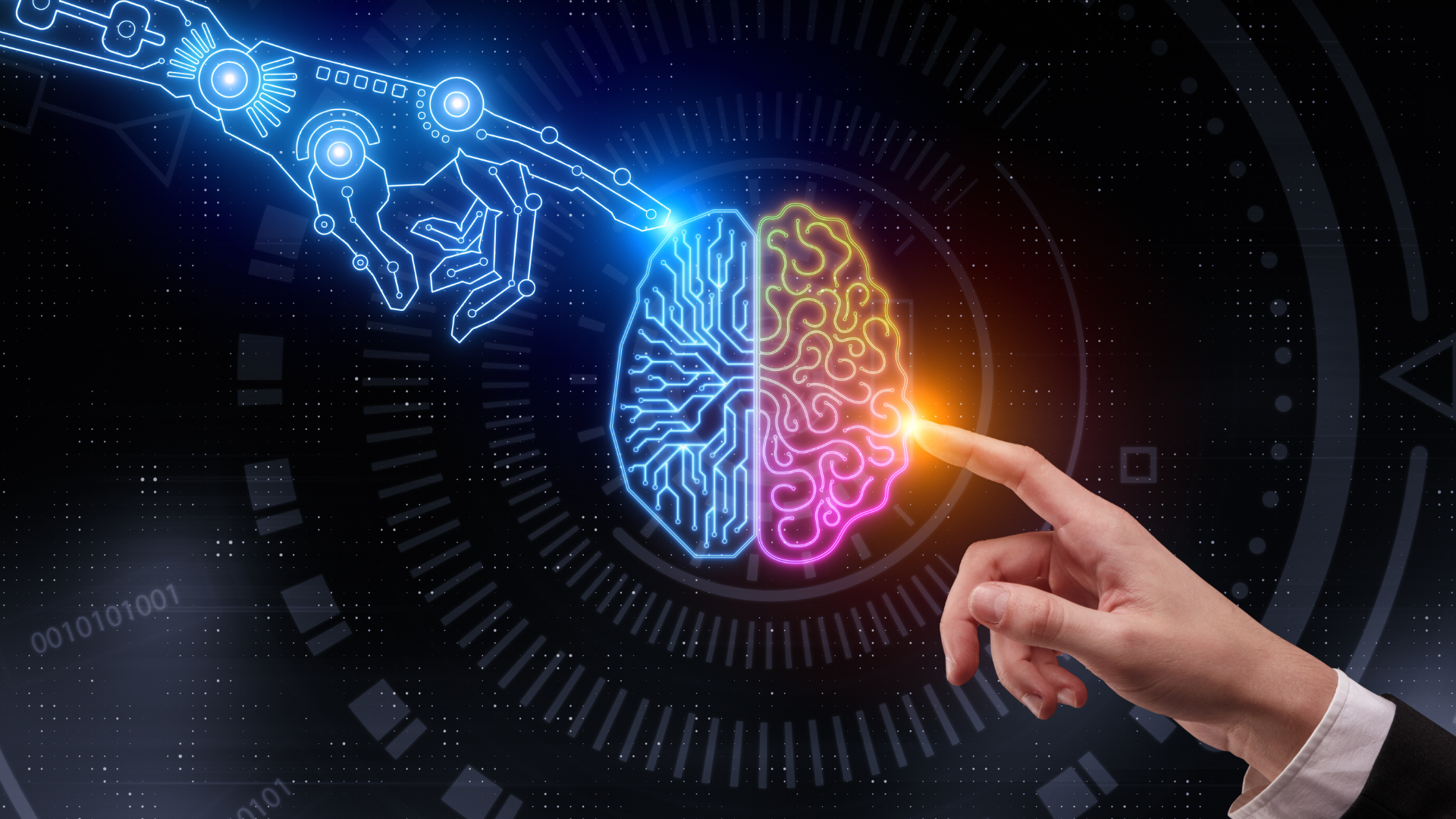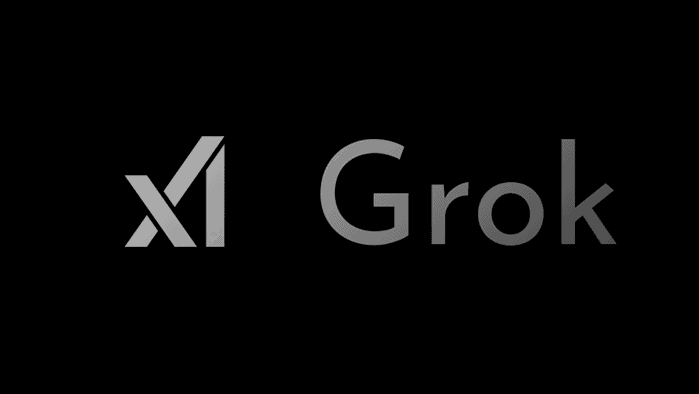New paragraph
AI Developments This Week: Grok's New Vision, ChatGPT's Reverse Location Search, and the Environmental Cost of Politeness
The AI landscape continues to evolve rapidly, with significant developments that have implications for businesses and individuals alike. From enhanced chatbot capabilities to environmental considerations, here's a roundup of the most impactful AI news this week.
1. The Environmental Cost of Politeness in AI Interactions
A recent revelation has highlighted the environmental and financial costs associated with using polite language in AI interactions. OpenAI CEO Sam Altman disclosed that processing polite phrases like "please" and "thank you" in ChatGPT has cost the company tens of millions of dollars due to the additional computational resources required. Moreover, these extra computations contribute to increased energy consumption, raising concerns about the environmental impact of seemingly benign user behaviours. Read more
2. ChatGPT's Reverse Location Search Raises Privacy Concerns
OpenAI's latest updates to ChatGPT, particularly the o3 and o4-mini models, have significantly enhanced the chatbot's visual reasoning abilities. Users have discovered that ChatGPT can now perform "reverse location searches," accurately identifying locations from photos by analysing subtle visual cues. While this showcases the model's advanced capabilities, it also raises serious privacy concerns, as such features could potentially be misused for doxxing or other malicious activities. Read more
3. xAI's Grok Gains Vision Capabilities
Elon Musk's AI venture, xAI, has introduced a new feature to its chatbot, Grok, enabling it to process and interpret visual information. Dubbed "Grok Vision," this functionality allows users to point their smartphone cameras at objects, signs, or documents and receive real-time analysis and responses from the chatbot. Currently available on iOS, this feature positions Grok as a direct competitor to other AI models like ChatGPT and Google's Gemini, which offer similar real-time vision capabilities. Read more
4. OpenAI's Potential Acquisition of Windsurf
OpenAI is reportedly in advanced talks to acquire Windsurf, an AI-powered coding assistant, for approximately $3 billion. This move comes after OpenAI's unsuccessful attempt to acquire Cursor, another AI coding tool. The acquisition of Windsurf would mark OpenAI's largest to date and reflects the company's strategy to expand its portfolio and capabilities in the AI development space.
Read more
5. ChatGPT's Unprompted Use of User Names Sparks Debate
Some users have reported that ChatGPT has begun referring to them by their names without being prompted, leading to mixed reactions. While some appreciate the personalised touch, others find it unsettling, especially when they haven't provided their names to the chatbot. This behaviour appears to be linked to ChatGPT's memory feature, which allows it to recall details from past interactions, but it has sparked discussions about user privacy and the boundaries of AI personalisation.
Read more
Our Take
The advancements in AI capabilities, such as Grok's new vision feature and ChatGPT's enhanced visual reasoning, demonstrate the rapid pace at which AI technology is evolving. However, these developments also underscore the importance of addressing ethical and privacy concerns. The ability of AI models to identify locations from photos or recall user information without explicit prompts raises questions about data security and user consent. Furthermore, the environmental implications of AI interactions, even those as simple as using polite language, highlight the need for sustainable practices in AI development and usage. As AI becomes increasingly integrated into our daily lives, it's crucial for businesses and individuals to remain informed and proactive in navigating these complex challenges.
AI is no longer a futuristic concept—it’s a necessity for staying ahead. Companies that embrace AI for automation, optimisation, and strategic innovation will be best positioned to lead in the evolving digital landscape.
If you enjoyed this article subscribe to our LinkedIn page to receive our weekly news updates.
The future of business is AI-powered. Will your business be ready?
At aiUnlocked, we specialise in helping businesses implement AI-driven solutions that deliver real results in a saecure and safe way. Whether you’re looking to automate operations, enhance customer experiences, gain better insights from your data, or just test your AI models for bias our AI experts can make it happen.
Take the First Step – Book a Free AI Consultation
Reach out to learn how we can support your journey toward responsible, scalable AI. Book a free consultation with our AI experts today.
More Insights











